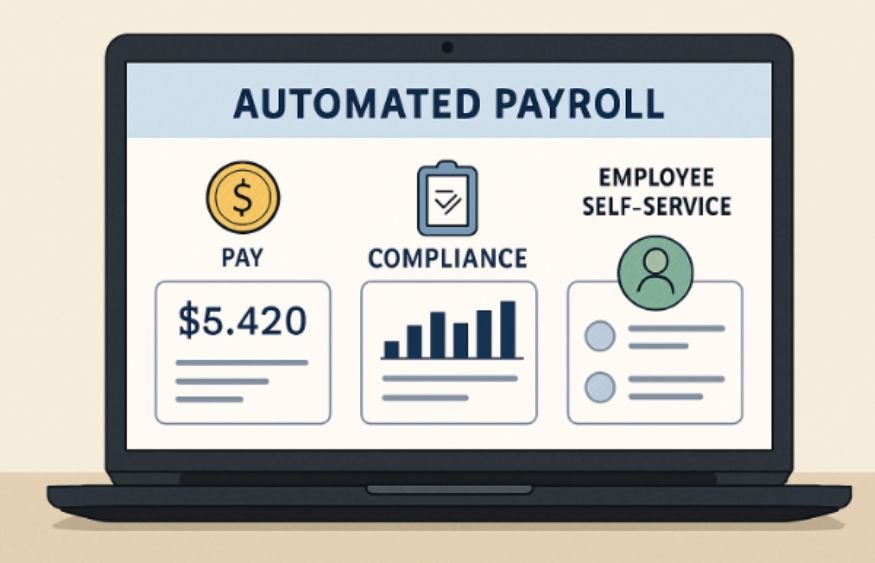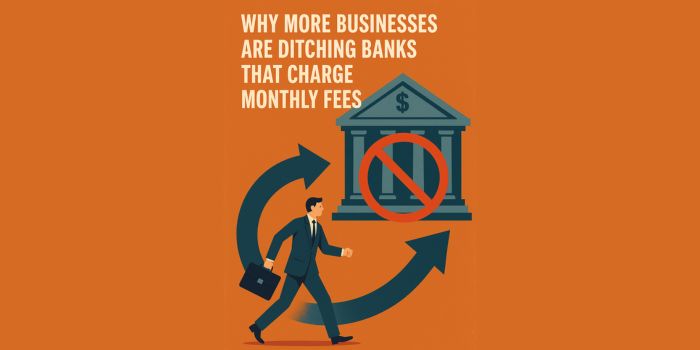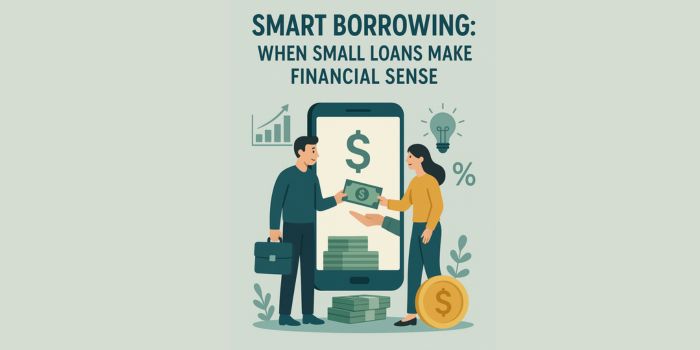According to GoBankingRates, 69% of people in the United States have less than $1000 in savings and neither do they have an emergency fund. Which means when there’s a crisis such as medical bills or the breakdown of a vehicle, their only option is to apply for a loan. The good news is that with online banking, gone are the days when borrowers had to make a face to face appointment with a bank manager to get the funds they need. With the advancements in technology, we now get access to the cash advance app with the click of a button and we can even easily apply for a credit check.
Additionally, it has now become easier to apply for no guarantor loans. It all started with the introduction of financial technology; you will also hear this referred to as Fintech. Fintech is described as the specialized software used to help organizations and consumers manage their financial operations more effectively. It is this technology that has transformed the way borrowers apply for loans, but has it been for our betterment or not?
- Access to More Information
Loans are available in many forms and not just through credit cards and personal loans. There are several valuable online resources providing information on how and where to secure additional funding. There is no obligation to make an on the spot decision, armed with this information you can seek advise from a professional to ensure you are making the right decision.
- Borrowing Has Become More Convenient
As mentioned, in the past, the only way to get a loan was to go to bank and apply for one face to face. This involved filling out tedious forms by hand, answering intrusive questions, waiting for an appointment, and then waiting for a response. Processing times were a lot longer, it often took weeks to get a response, and if approved, there was additional waiting time to receive the funds. The internet has dramatically transformed the loan application process. No longer are borrowers subjected to such high wait times. Applications are available online 24/7, all documents are submitted online and once completed, a decision is typically given on the spot and finances transferred to the borrowers account within 24 hours.
Additionally, the convenience of online banking has led to many abandoning traditional institutions in favour of online-only banking firms. As a result, high street banks are now under more pressure than ever to level up to the standards that have been established by today’s technological demands.
- Adverse Credit History is Taken Into Consideration
Banks simply do not lend money to people with a low credit score as they are considered too much of a risk. However, online borrowing has given people with adverse credit histories the opportunity to secure funding as well as apply for many other types of loans. It might take a bit of work in terms of searching for the right lender because such companies do tend to charge a higher interest rate. Nevertheless, with online lending, people with a low credit score do stand a better chance of getting accepted for the financing you need.
Read here : Commercial loan truerate services
- The Disadvantages of Internet Banking
The pros definitely outweigh the cons when it comes to Internet banking, but there are undoubtedly several disadvantages that cannot be ignored:
- Service and Technology Interruptions: The internet and computer systems are not always stable. There are going to be times when service interruptions mean you can’t log into your account for hours. This then leads to a phone jam because customers are all trying to call the bank at the same time. When you are at the mercy of service and technology interruptions, online banking can become very frustrating.
- Identity Theft: Internet banking is designed to be secure; unfortunately, as technology has become more sophisticated, so have the criminals. Some have found their way around the system and security breaches have taken place. The bottom line is that it is impossible to guarantee that you won’t become a victim of identity theft. You can take precautionary measures such as changing your passwords often and ensuring that you don’t log in from an unsecure network.
- Reduced Customer Relationships: Online banking has led to reduced personal contact with bankers and their customers. Although you can still book an appointment with a bank manager at your local branch, it has now become the norm to make contact through email, text messages and other technology related forms of communication.
- After You Have Received Your Loan
Online banking allows borrowers to access their transactions and account history from anywhere. Once you’ve started making repayments, instead of waiting for a statement in the post, you can check how much you still need to pay back, any fluctuations in interest rates and many other features related to your loan. The majority of banks provide mobile banking through an app which allows you to take full advantage of online banking instantaneously.
- How Far Can This Go?
Only the future will tell, thirty years ago it was inconceivable to think that we could apply for a loan through a computer screen and get money transferred to our bank accounts the next day. What we do know is that there are going to be more partnerships with FinTech and financial institutions over the next few years. As mentioned, high street banks are in a race to catch up with online lenders, as a result they are investing more money into artificial intelligence. All of which sets the stage for a promising future for Internet banking.
What’s the Bottom Line?
Things are only going to get better! Artificial intelligence is getting a lot more sophisticated. Technology has significantly increased the scope of the finance industry and we will see greater improvements over the next few years. As mentioned, one of the major concerns for online borrowers is fraud, despite the many benefits associated with the internet, it is now easier than ever to gain access to your information. The good news is that there is a high level of investment going into security and fraud detection with the aim being to completely eradicate online fraud.




